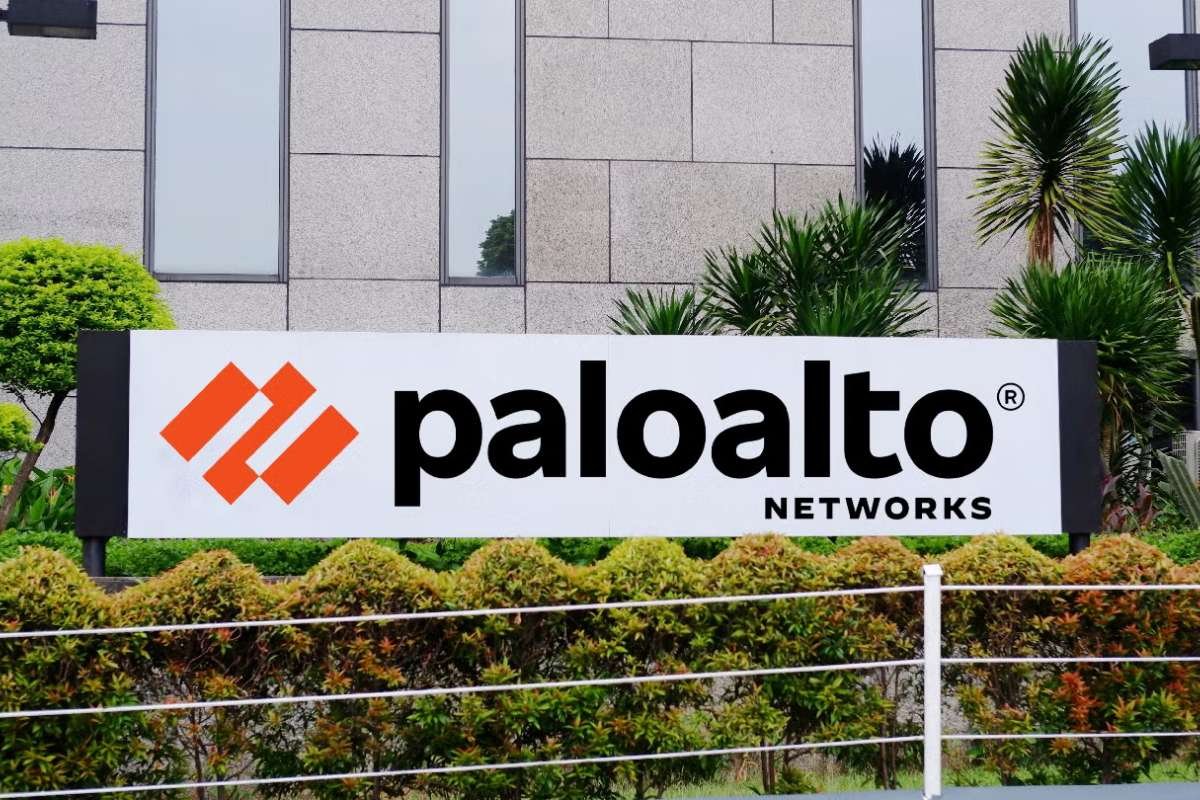Critical trade negotiations between the United States and South Korea have been abruptly postponed, intensifying fears that Seoul may miss the deadline to avoid steep U.S. tariffs. The high-level “2+2” talks, expected to bring together U.S. Treasury Secretary Scott Bessent and South Korean Finance Minister Koo Yun-cheol this week in Washington, were called off due to scheduling conflicts on the U.S. side. Seoul’s finance ministry confirmed the postponement just an hour before Koo’s scheduled departure.
The sudden delay casts uncertainty over South Korea’s ability to negotiate a tariff exemption before the Trump administration’s August 1 deadline. If no deal is struck, U.S. authorities are expected to impose a 25% reciprocal tariff on certain South Korean exports. The Kospi index reacted swiftly, erasing earlier gains, with major exporters like Hyundai Motor taking a hit amid market anxiety.
Adding to the pressure is Japan’s recent success in securing a broad trade pact with Washington, which included auto and agricultural market access as well as a $550 billion investment and lending framework. Analysts say South Korea may now feel forced to offer similar concessions to avoid being left behind in the regional trade hierarchy.
Seoul Bets Big on Shipbuilding to Win Favor
In response, South Korea is leveraging its global dominance in shipbuilding as a key strategic asset in negotiations. As the world’s second-largest shipbuilder—specializing in LNG carriers, military vessels, and container ships—South Korea is proposing deeper industrial collaboration with the U.S. to support America’s naval modernization push.
President Trump has made revitalizing U.S. shipbuilding a national priority, both to boost domestic employment and to compete with China’s expanding maritime footprint. Seoul’s offer could include investments in U.S. shipyards, technology transfers, and expanded repair contracts for the U.S. Navy. South Korea’s Hanwha Ocean, which acquired Philly Shipyard in 2024, has already secured multiple maintenance contracts with the U.S. Navy—underscoring the potential value of such collaboration.
Former South Korean Coast Guard Commissioner Kim Suk-kyoon described shipbuilding cooperation as a “golden ticket” for Seoul to gain bargaining power in Washington. It’s a calculated move that not only aligns with Trump’s strategic goals but could also help unlock tariff exemptions without South Korea making painful concessions in other areas.
Race Against Time: Seoul Scrambles to Regain Momentum
Despite the postponed summit, South Korea is not retreating. Trade Minister Yeo Han-koo and Industry Minister Kim Jung-kwan are already in Washington, laying groundwork for potential deals. Seoul is also reportedly preparing a $100 billion investment proposal that spans technology, energy, and manufacturing sectors in an attempt to match Japan’s earlier package.
With just days remaining before the tariff deadline, the South Korean government is considering two urgent options: first, a formal request for a deadline extension; and second, a trade offer centered around shipbuilding that may better align with Washington’s current industrial agenda. Observers believe combining both approaches might be Seoul’s best chance at avoiding damaging trade penalties.
Time is short, and the stakes are high. Failure to reach a deal could disrupt South Korea’s key export sectors—automotive, steel, electronics, and shipbuilding—at a moment of economic fragility. As the clock ticks down, Seoul’s diplomatic agility will be tested like never before.


















